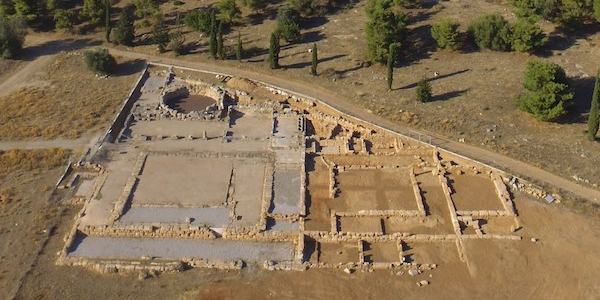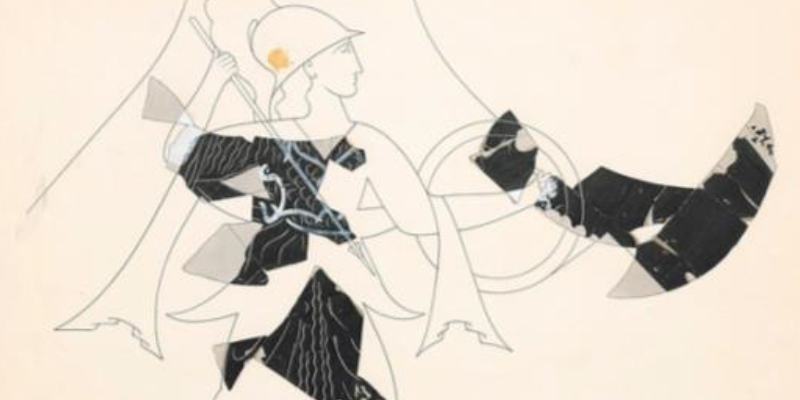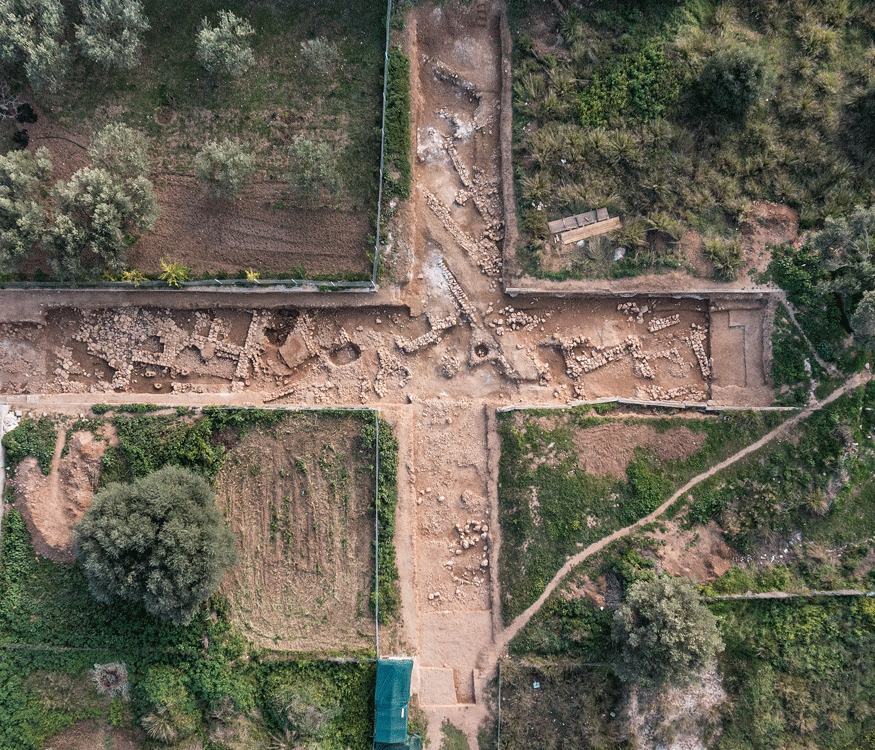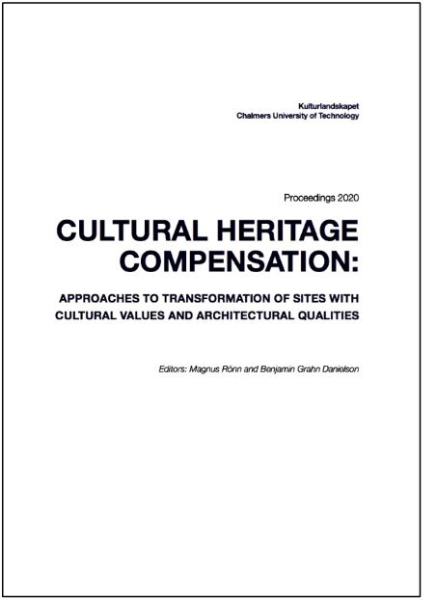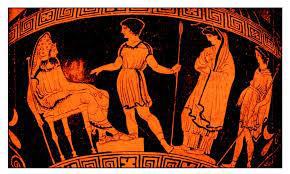Utlysning praktik HT-2020
Published: 2020-03-10
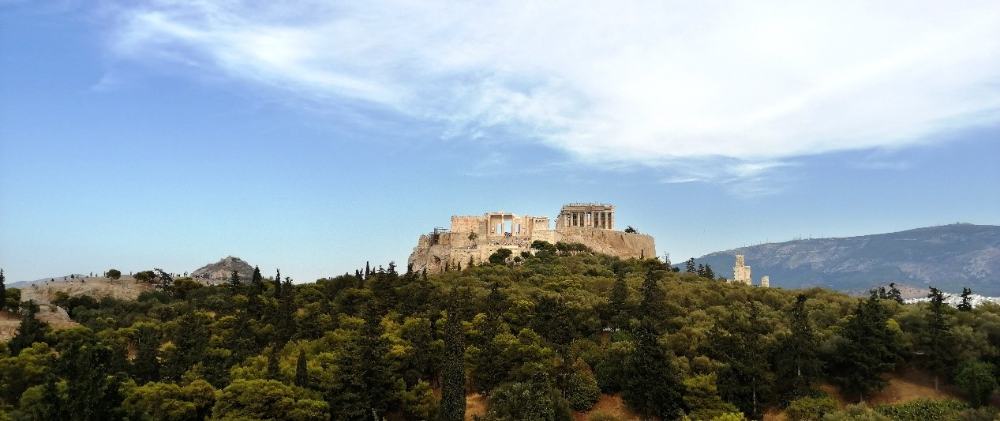
Praktik på Svenska institutet i Athen
Svenska institutet i Athen utlyser möjlighet till praktik under 3-6 veckor, HT 2020.
Behörig att söka praktikplatserna är den som är student (eller nyligen har avlagt examen) i Antikens kultur och samhällsliv eller annat ämne relevant för institutets verksamhet.
Ansökan senast den 15 april.


